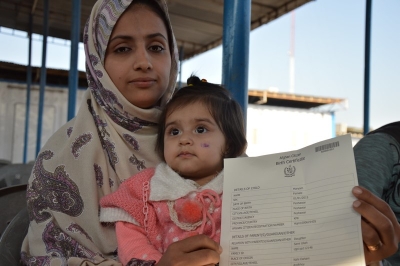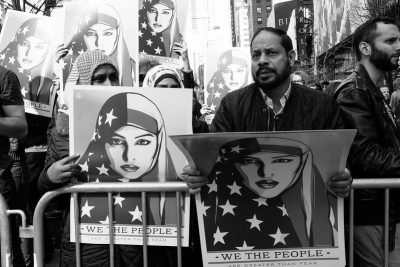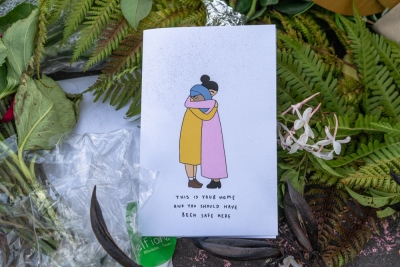Muslim, Arab, South Asians (MASA)
Soon after the U.S. government’s hasty and chaotic withdrawal from Afghanistan last summer, the United States received over 80,000 Afghan evacuees, many of whom were at added risk due to their association with the U.S. government during the two-decade war. Ninety percent of these migrants entered the country on humanitarian parole (HP), which allows them to live and work in the U.S. for two years, but does not provide a path to permanent residency, leaving them in legal limbo. The Afghan Adjustment Act (AAA), would allow Afghans with humanitarian parole to apply for permanent legal status and would expand the categories of Afghans eligible for Special Immigrant Visas (SIVs).

October 2022
Issue Spotlight
News
The Third Quarterly President's Message from Marissa Tirona, GCIR President

September 2021
President's Message
News
All of us at GCIR grieve for the lives lost in Christchurch, New Zealand, and stand in support of their families and Muslim communities across the world. We see you, we mourn with you, and our hearts are breaking along with yours.

March 2019
Statement
News